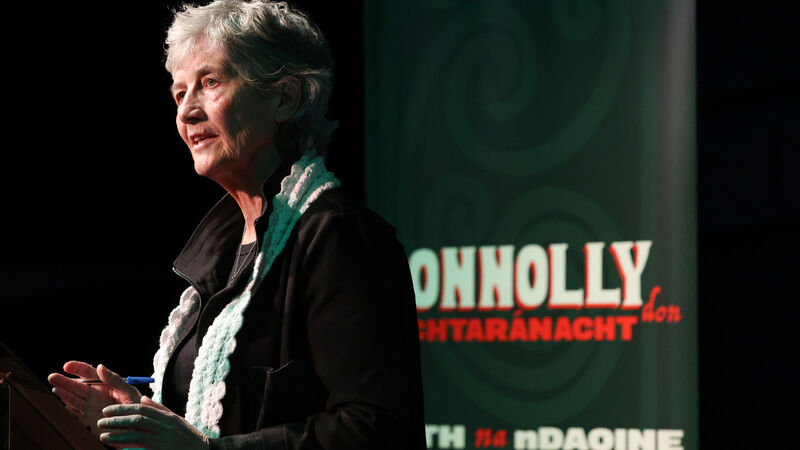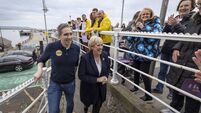Mick Clifford: Catherine Connolly’s likely win signals a shift in Ireland’s political landscape

Catherine Connolly deserves major credit. Few gave her a realistic chance when she threw her hat in the ring ahead of all other candidates. File photo: Sasko Lazarov / © RollingNews.ie
This is the reluctant election. The contest to become the next president of the country has been one full of departures, non-entry, doubts and questions.
Bar some earth-shattering development, Catherine Connolly will be elected next weekend. If ever there was an election to deliver a coup de grace of the unexpected this is it, but that remains highly unlikely.















